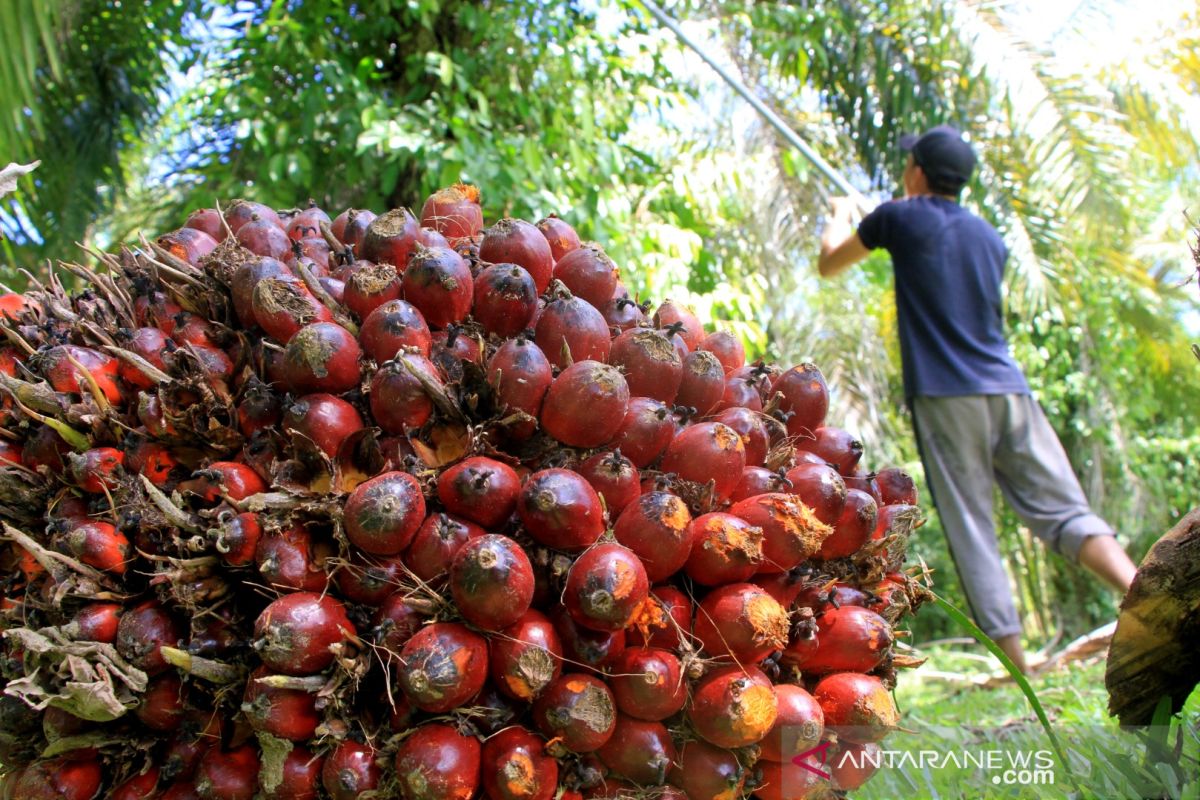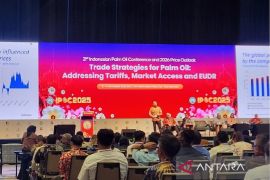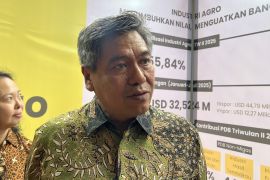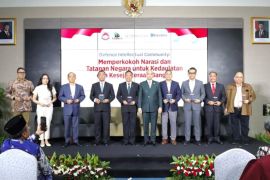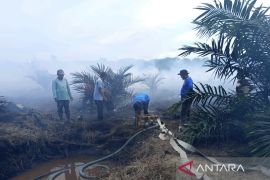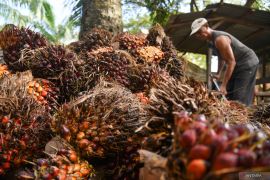This estimate is based on data from the national gross domestic product (GDP) for the second quarter of 2024, which was recorded at Rp5,536 trillion, with the palm oil processing industry contributing 3.5 percent, or Rp193.76 trillion.
He noted that the palm oil industry's significant contribution to the national economy is supported by the government’s aggressive downstreaming efforts, which have added considerable value.
In practice, the downstreaming of the palm oil industry has focused on producing derivative products in several categories: food (oleofood), non-food (oleochemical), renewable fuel (biofuel), and new environmentally friendly materials (biomaterials), he explained.
The development of downstream palm oil products has also been directed toward high-value items, such as liquid detergents, cosmetics, paint, and pharmaceuticals, which can generate added value of up to 580 percent, he added.
“As for downstream biomass products, we are focusing on developing derivatives like dimethyl ether (DME), which can be used as an alternative to liquefied petroleum gas (LPG). Additionally, there are products such as capacitors, biocatalysts, and G-2 ethanol,” Kartasasmita said.
He further mentioned that the types of derivative products made by the domestic palm oil industry have increased from 48 in 2011 to over 193 in 2023 and have now reached 200.
According to data from 2023, the export value of palm oil and its derivatives amounted to US$28.45 billion, representing 11.6 percent of total non-oil and gas exports.
The sector also employs 16.2 million direct and indirect workers, including smallholders, as part of the national policy objectives.
Related news: Government increases funds for palm oil replanting program
Related news: Indonesia calls for fair UK due diligence rules on palm oil
Translator: Ahmad Muzdaffar Fauzan, Yashinta Difa
Editor: Anton Santoso
Copyright © ANTARA 2024
